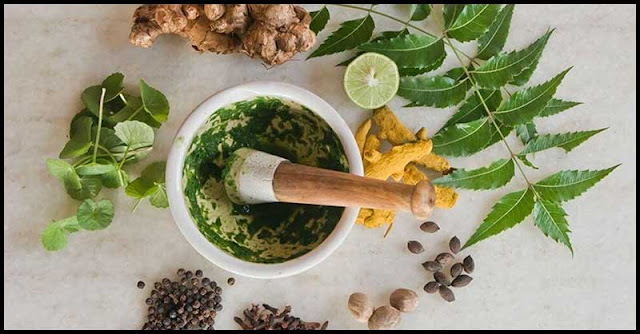It’s really true that nature holds the answer to many health woes. When it comes to treating wounds, nature offers several medicinal plants that can help protect wounds from infection and support the skin’s natural healing process.
Chamomile
Chamomile tea contains an antioxidant called Matricaria chamomilla which was found to possess inflammatory and antimicrobial properties that quicken the healing process. Aside from this, it also has other substances that have therapeutic effects such as chamazulene, alpha-bisabolol, bisabolol oxides, spiroethers, and flavonoids. These all help decrease the wound inflammatory phase and increase the proliferative stage.
Rosemary
Rosemary is a common aromatic plant that has been used to treat a variety of health problems including digestive, circulatory, and respiratory ailments. Its extracts have anti-bacterial and anti-fungal and have been scientifically proven to assist wound healing, as it reduces inflammation and can accelerate the healing process.
Yarrow
Since ancient times, yarrow has been used as a medicinal treatment. This flowering plant that blooms in a variety of colors including yellow, white, pink, and red has been widely used to treat digestive problems due to its heavy concentration of flavonoids, or specialized pigments. There were studies showing that the plant can help improve both the appearance and contraction rate of burn wounds.
Aloe Vera
Aloe vera extracts contain beneficial properties that can help decrease inflammation, enhance mature granulation tissue, and resulting in help to accelerate wound healing. Some of its vital components are water and essential oil, amino acids, minerals, vitamins, enzymes, glycoproteins, contains tannic acid, and a type of polysaccharide that helps with the wound healing process. It also has antibacterial and anti-inflammatory properties.
With topical application, Aloe vera gel can be an effective remedy against minor burns. It works by decreasing the inflammatory phase and supplying more mature granulation tissue which finally alleviates the wound and promotes healing.
Calendula
This plant is also known as marigold. According to research, it is an effective antimicrobial agent against various types of bacteria and fungi.
In a study conducted, it was found that calendula can help reduce inflammation and swelling and increase blood flow to the wound site thereby allowing new blood vessels and fibrous tissues to form.
Eucalyptus
Eucalyptus is an evergreen tree that’s widely used for its medicinal properties. Its leaves have been found to be beneficial in treating wounds and preventing infection. Today the diluted oil may still be used on the skin to fight inflammation and promote healing. Eucalyptus contains important compounds such as cineole (which is also known as eucalyptol), pinene, camphene, and phellandrene, citronellal, and geranyl acetate. It can be used against cuts, wounds, skin infections, insect bites, burns, blisters, and herpes.
Neem
Neem is a popular medicinal herb that contains more than 130 different biologically active compounds. It has antimicrobial, antibacterial, and anti-inflammatory properties which are attributed to its compounds including margosic acid, glycerides of fatty acids, butyric acid, and trace valeric acid. The topical application of neem leaf extract can help maintains wound and lesion free from secondary infections by reducing the bacterial population and also prevents inflammation and subsequently increases wound healing.









